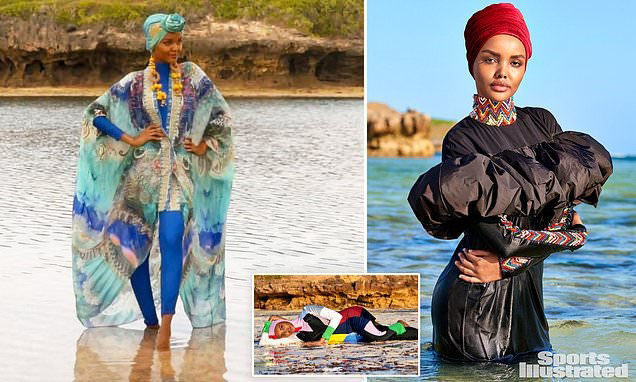 I don’t like the phrase ‘beach body’. It’s a common term that is often thrown around when the summer/August holidays approach. I never gave it much thought when I was younger, but I have come to realize it pressures mostly women into feeling immense shame about their bodies and even robs them of the joy of having a good day at the beach.
I don’t like the phrase ‘beach body’. It’s a common term that is often thrown around when the summer/August holidays approach. I never gave it much thought when I was younger, but I have come to realize it pressures mostly women into feeling immense shame about their bodies and even robs them of the joy of having a good day at the beach.
The typical representation of a beach body is usually a super slender body with the abs displayed or a slight print of the rib cage clad in skimpy swimwear. There is hardly any bodyfat to be seen and the swimsuit tends to fit like a glove.
In my 29 years of life I have never really felt ashamed of my body because for the most part I was represented size wise. They call it the ‘skinny privilege’ and like any other privilege it makes you unconsciously ignore the underrepresented and the marginalized.
Earlier this week, when I came across the image of Somalian-American model Halima Aden in the Sports Illustrated Swimsuit Issue clad in a burkini, I felt a sense of shame for the privilege. (The burkini is a three-piece swimming costume, which covers the entire body but leaves the face, hands and feet exposed. The swimsuit, named after the burka and bikini, has become popular among traditional Muslim women around the world. It was invented in Australia by an Australian stylist of Lebanese origin a decade ago.)
It is impossible for me to know exactly how seeing Halima Aden in a burkini will make Muslim women feel, but I would imagine it would be a sense of pride mixed with a strong dash of inclusivity especially given the cultural climate we live in.
Privilege is dangerous. It makes us feel entitled and allows us to think there is no room for anyone else. It tries to make us feel that by including others we somehow lose our inflated sense of importance. It is the nastiest thing to be associated with in any context.
This is why such representation is important. We all benefit from feeling included both culturally and psychologically. For many it may be impossible grasp this, perhaps because you aren’t practicing the faith in the same manner as Halima and that is fine. However, the bigger picture to look at here is how we must not undermine others because of some imaginary threat to being seen as the most desirable, or simply because what they represent it isn’t what we have been exposed to.
There is room for all of us, even if it was previously made to seem that there is just one preferred ideal. This goes beyond the burkini. It forces us to examine ourselves and the bigger issue at hand. You may find it hard to relate, perhaps because of your beliefs. But let it be a reminder of just how difficult it is to never see someone like you represented in society. It fosters a feeling of isolation.










